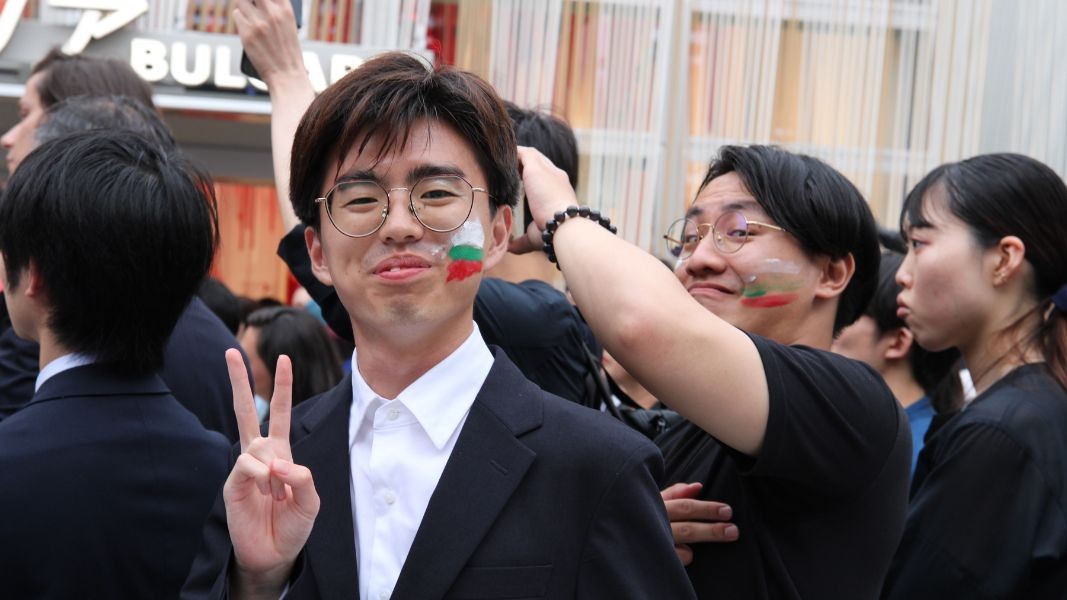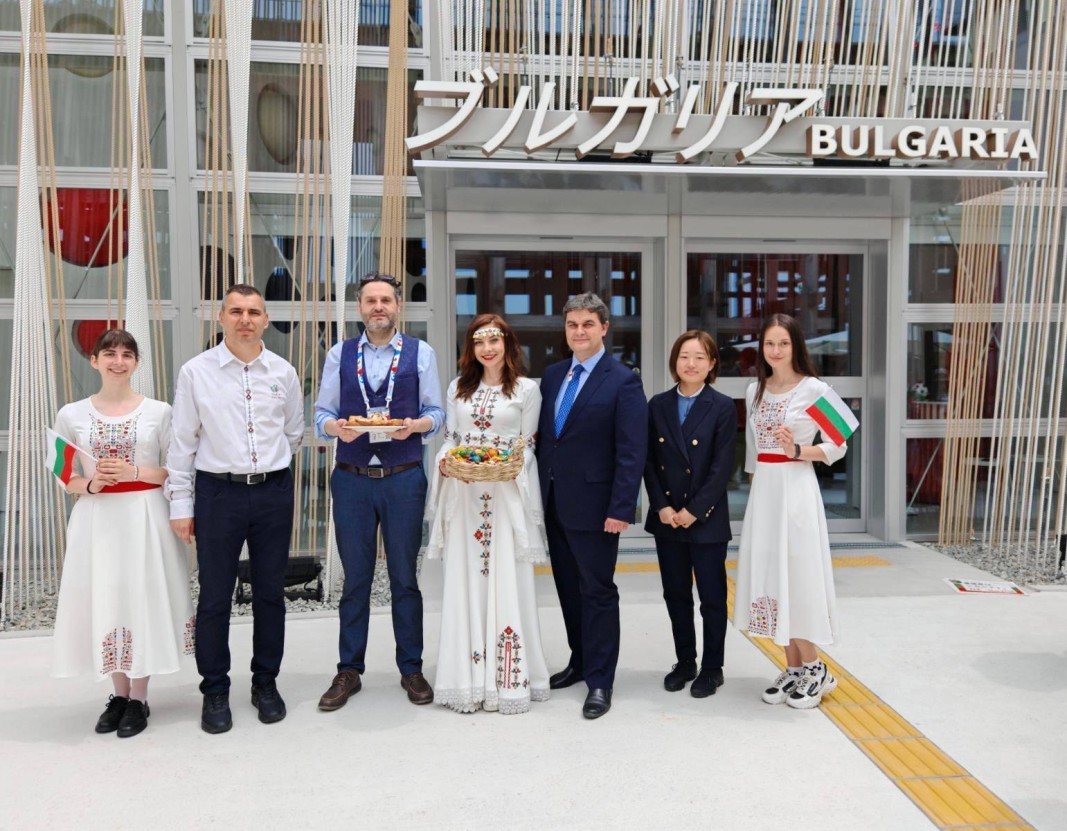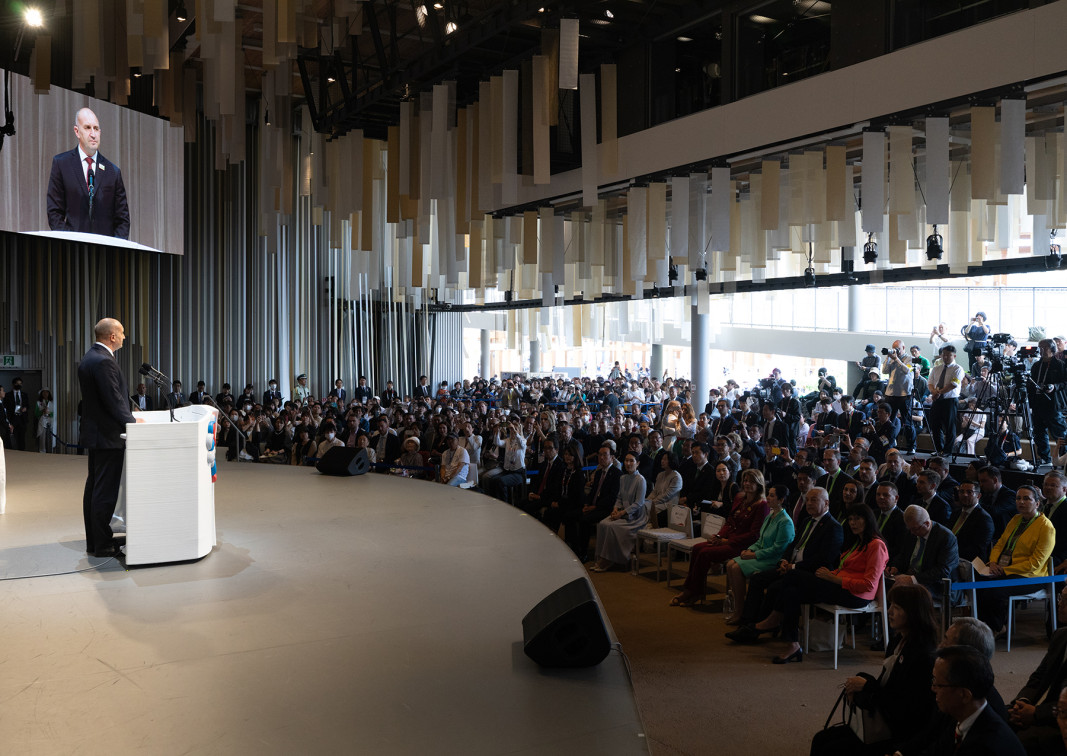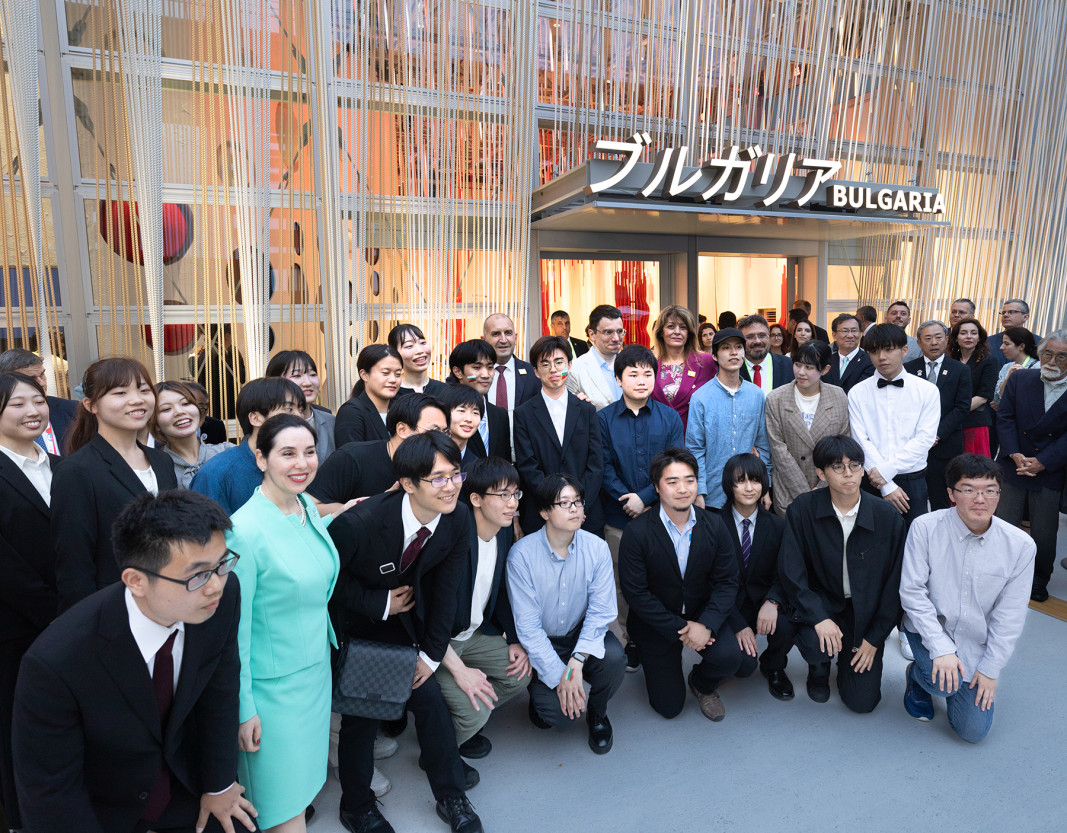'The land of the rising sun' — this evocative name resonates beautifully with Bulgarians. The country is also known as the 'cherry blossom garden' and the 'mighty financial powerhouse'.
These descriptions are all accurate, sparking the interest of many Bulgarians who dream of visiting the island nation. They are drawn by Japan’s stunning natural beauty, but above all by its rich culture, reflected in every aspect of the country — from the architecture and landscape to the organisation and social systems.

It is this very culture that underpins the "economic miracle" Japan achieved after the end of World War II - a remarkable ascent that continues to this day.
Travelling to Japan is becoming increasingly accessible for Bulgarians, especially since regular flights to Tokyo have been launched from the capital of neighbouring Turkiye.
According to unofficial data, no more than 600 Bulgarians have settled permanently in Japan. They report that the Japanese people are warm and friendly towards Bulgaria.

Japan's recognition of Bulgaria as 'the homeland of yoghurt' is no myth — a well-known association that continues to shape perceptions. However, beyond the symbolism of this iconic product, various cultural and economic connections have emerged between Bulgarians and Japanese people over the years. Many Japanese people see Bulgaria as a country of unspoilt natural beauty and warm, hospitable people. One of the strongest impressions that Bulgarians have of Japan is the impeccable order and meticulous politeness that define interpersonal relationships in the Land of the Rising Sun.
'It's as if the Japanese are built for a harsh and demanding life, and despite the challenges, they try to overcome difficulties together,' says Youliana Antonova-Murata, a Bulgarian who has lived in Japan for many years and works hard to strengthen ties between the two countries.

"In Japan, no one considers themselves superior to others. They approach everything with patience and give their best at work, within the community and for their families,” Antonova-Murata recently shared in an interview with Radio Bulgaria.
Fifty-five years after its debut at the first international exposition in Osaka, Bulgaria returns to Japan with its own national pavilion. The country is one of the participants in EXPO 2025, which opened in April and will run until October 13 in Osaka, Japan’s commercial capital.
During Bulgaria's first appearance at the 1970 World Expo, one of the visitors to the national pavilion was Emperor Hirohito himself. He tasted Bulgarian yoghurt and was reportedly deeply impressed. News of this spread quickly, and before long Bulgarian yoghurt had become a popular and well-loved food in Japan.

This iconic product remains a symbolic bridge between the two cultures. Today, it is also represented by 'Lacto-chan' — the cheerful mascot of the Bulgarian pavilion at EXPO 2025. The name combines Lactobacillus bulgaricus, the bacterium essential for authentic Bulgarian yoghurt, with the Japanese honorific '-chan', a suffix typically used to express affection or closeness and usually reserved for friends or children.

EXPO 2025 features over 160 countries, showcasing interactive exhibits and cutting-edge technologies, including artificial intelligence and robotics.
On 18 May, Bulgaria celebrated its official day at the EXPO 2025 global forum in Osaka. President Rumen Radev attended the official ceremony at the Bulgarian pavilion.

In his speech, President Radev emphasised that sincere friendship with Japan is a key priority of Bulgarian foreign policy. He also noted the growing interest of Japanese businesses in restoring and expanding their activities in Bulgaria. According to the head of state, Japanese companies recognise Bulgaria’s strengths in high technology, innovation and artificial intelligence, as well as its strategic geographic location and highly qualified workforce.

These trends are supported by statistics: the Bulgarian pavilion at EXPO 2025 Osaka welcomed 50,000 visitors within just one month. Overall, the event is expected to attract over 30 million tourists to Osaka.
Bulgaria has the opportunity to reap the full benefits of eurozone membership , but this will require stronger fiscal discipline, effective management of transition risks, and accelerated structural reforms , the International Monetary Fund (IMF)..
In mid-September, the traditionally great Christian feast of the Holy Cross (September 14) marks the beginning of one of the most anticipated agricultural processes – the grape harvest campaign. 2025 is no exception, but due to a number of factors, the..
Bulgaria's Ministry of Finance placed 7-year government securities on the domestic market for 300 million leva. (144 million euros) and an interest rate of 3.25%. The submitted purchase orders amounted to 446 million leva with a coverage ratio of 1.49...
The growth of the national economy in the second quarter of 2025 accelerated by 3.5% on an annual basis. According to an analysis by..
The Bulgarian state-owed natural gas supplier Bulgargaz has proposed that the price of natural gas for November increases by around 8% to nearly 66 BGN..

+359 2 9336 661
